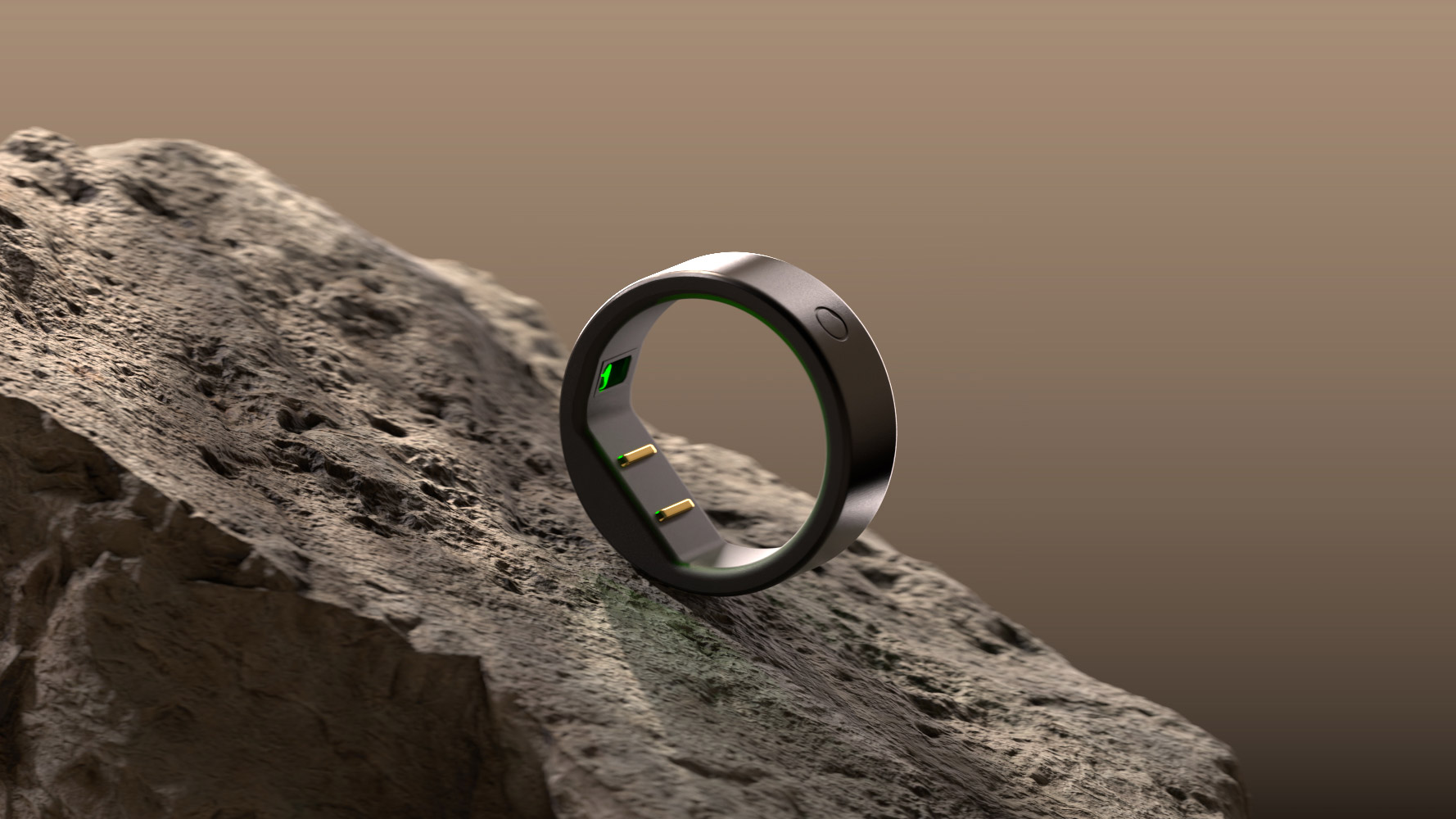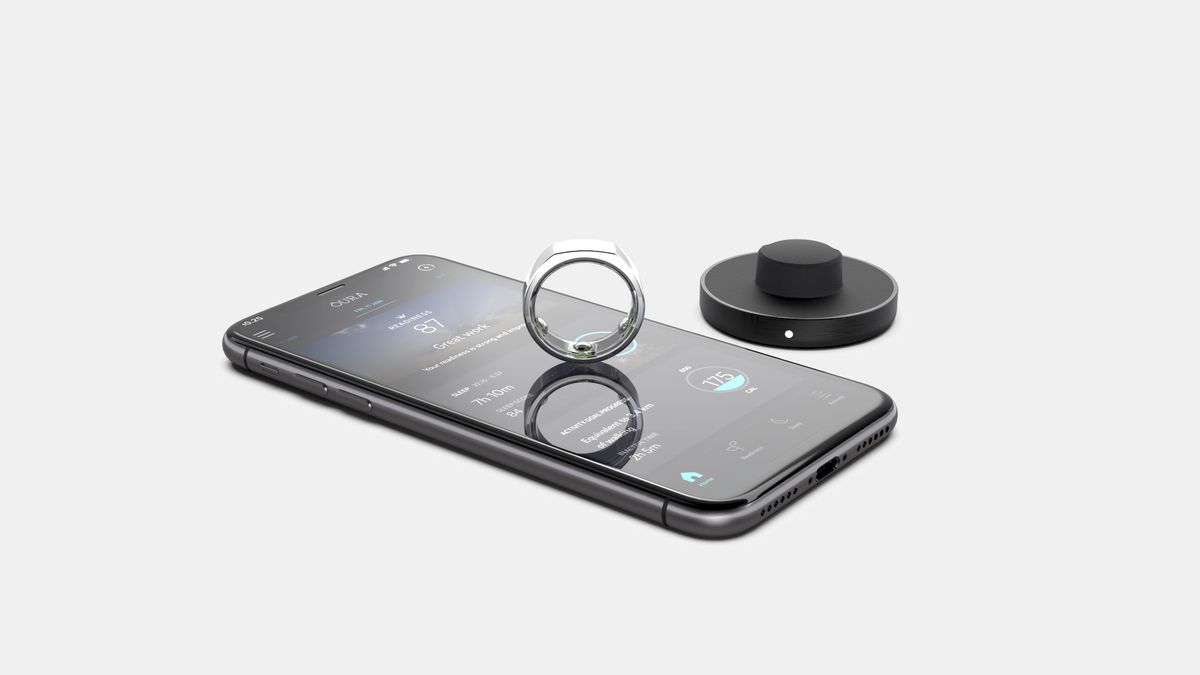Last year, I wore an Oura smart ring to a Christmas party. When people commented on it, and I explained what it was, I was surprised to learn that none of them had even heard of smart rings. I suppose I live in a little tech-journalism bubble, assuming everyone else has a passing knowledge of emerging wearables categories.
It may be because all the best smart rings are produced by brands the average person on the street doesn’t recognize. Oura Generation 3, the Circular smart ring powered by AI, Ultrahuman Ring Air, Evie, RingConn, McClear… all from companies solely dedicated to a category that, as yet, is overshadowed by the best smartwatches on the market. The average consumer knows what an Apple Watch is but is unlikely to know about the Oura ring.
That’s all about to change, thanks to the Samsung Galaxy Ring. During the last moments of Samsung Galaxy Unpacked, T.M. Roh, president of Samsung’s mobile division, teased the long-rumored wearable with a few cool snippets of video and promises of a “powerful and accessible” health and wellness device here “to change the shape of the future”.
It’s intimated the Galaxy Ring will be arriving later this year, as TechRadar found out in an exclusive interview with Samsung’s Head of Customer Experience, Patrick Chomet, who said “the hardware is ready”.
The Samsung Galaxy Ring marks a key moment in the story of smart rings: until now, most smart rings, as we said above, have been created by relatively no-name or niche companies. Lotus has flirted with the idea of a smart ring to incorporate gesture controls into its smart home devices but Samsung’s name carries weight in almost every aspect of technology, from TVs to phones to wearables.
If Samsung is investing in smart rings, it sees that the category has the potential to become popular and is forging a path for others to follow suit.
Apple has already filed several patents on smart ring technology, signifying the Cupertino comms giant is at least mulling over wearables but patents being filed is no guarantee of serious intention to deliver a product. Nevertheless, the concept of an Apple Ring, which would deliver all the health information you can get from the best Apple Watch in a tiny form factor, is suddenly a lot closer to becoming a reality.
Other big players will likely either invest in their own smart rings or acquire some of the smaller companies producing cheap rings. I can imagine talks are being had at Google as I write: if the Galaxy Ring generates a lot of money and buzz, why wouldn’t Google follow suit with a Pixel Ring? The smart ring format seems the perfect match for its huge Fitbit health ecosystem and vast data harvesting infrastructure, especially if it can squeeze some of its already-existing AI features into the ring’s accompanying software.

Oura has spent many years as the undisputed lord of the smart ring. Despite its hefty price tag and expensive premium subscription model, it’s a fantastic overall health device and the best sleep tracker we’ve ever tried. Until recently, it’s more or less been the only game in town. However, after a long and secret journey, Samsung has found its way into the land of Oura-dor, and suddenly the most popular smart ring manufacturer is in danger of being eclipsed by better-known contemporaries.
Oura’s CEO, Tom Hale, has responded to the launch. In a statement, Hale said; “New players entering the space is validation for the category, and drives us to aim higher to serve our members and community.
“Since our founding over a decade ago, we’ve invested relentlessly in service of creating the best smart ring that gives everybody voice… We release new features regularly, and have the strongest IP portfolio—in both hardware and software—for the smart ring form factor, with hundreds of granted patents, pending patent applications, and registered trademarks.”
Hale’s statement goes on the offensive, and he’s got a point. Oura and its contemporaries like Ultrahuman have been playing the smart ring game for a long time, and are likely to be better than Samsung’s early efforts – especially as the current crop of trackers are handset-agnostic, able to be used by iPhone and Android owners alike. However, we’re certainly at a smart ring tipping point, and Oura Generation 4 will need to be very attractive to keep people away from better-known smart ring upstarts like Samsung.





